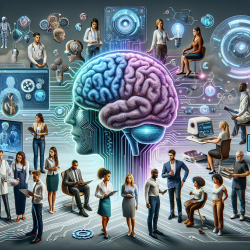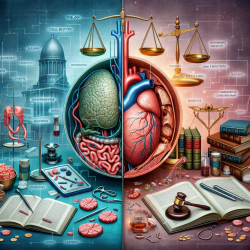The study, conducted in Taiyuan City, Shanxi Province, Central China, involved 978 valid questionnaires from 368 teachers, 402 students, 118 school managers, and 124 family members. It aimed to understand how AI affects role cognition in preschool, primary, secondary, higher, adult, computer network, enterprise, and social education.
The findings revealed that AI-assisted learning is highly dependent on course role cognition, which includes understanding course content, teaching methods, and activity methods. Here are key takeaways for practitioners:
- Personalized Learning: AI can tailor learning experiences based on individual cognitive characteristics, learning records, and personal information. This personalized approach helps in pushing resources, learning paths, and services that cater to each student's unique needs.
- Enhanced Teacher-Student Interaction: AI facilitates real-time interaction, allowing teachers to monitor and adjust their teaching methods based on students' responses and progress. This dynamic interaction fosters a more engaging and effective learning environment.
- Data-Driven Insights: AI systems can analyze vast amounts of data to identify learning patterns, predict outcomes, and provide actionable insights. This data-driven approach enables educators to make informed decisions and implement strategies that improve learning outcomes.
- Role Adaptation: Teachers need to adapt to new roles as facilitators and guides rather than mere knowledge imparters. AI can handle routine tasks, allowing teachers to focus on mentoring and developing students' critical thinking and problem-solving skills.
AI's role in education is multifaceted, and its impact on role cognition is profound. By embracing AI, educators can create a more personalized, interactive, and data-driven learning environment. However, it is crucial to balance AI's capabilities with human touch to ensure holistic development.
For those passionate about creating great outcomes for children, exploring the full potential of AI in education is a worthwhile endeavor. This research provides a solid foundation for further investigation and implementation of AI-driven strategies in educational settings.
To read the original research paper, please follow this link: Analysis of the Effect of Artificial Intelligence on Role Cognition in the Education System.










